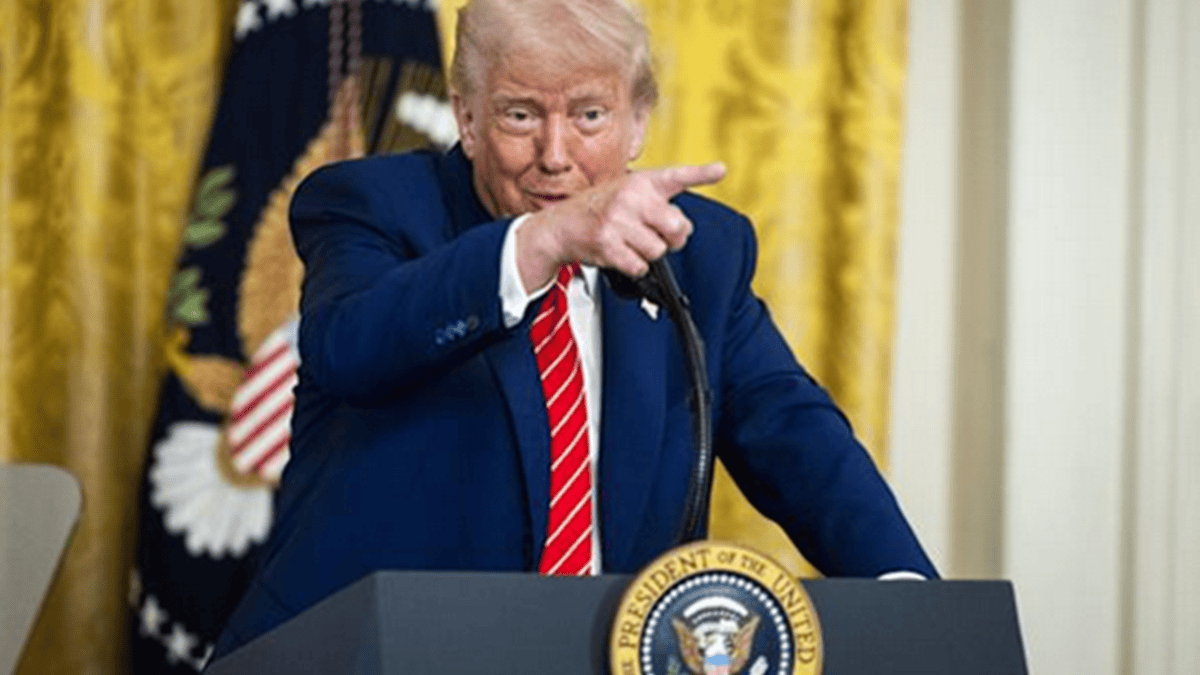Trump administration's use of 'Impoundment' could spark legal battle with Congress

In the ongoing efforts to implement substantial budget reductions, the Trump administration is exploring the use of executive tools to achieve its fiscal objectives. Among these tools is the controversial 'impoundment', a mechanism that allows the executive branch to withhold or delay the spending of funds approved by Congress. This approach is part of a broader strategy to consolidate the proposed cuts by the Department of Government Efficiency (DOGE), despite anticipated opposition from legislative bodies.
Russell Vought, the Director of the Office of Management and Budget, has highlighted the administration's stance on the matter. He argues that the Impoundment Control Act , which traditionally mandates the president to spend funds as allocated by Congress, may not align with constitutional principles. This interpretation suggests a potential shift in how executive power could be exercised, raising questions about the balance of power between the executive and legislative branches.
The potential use of 'impoundment' by the Trump administration is not without controversy. It is expected to trigger a legal confrontation with Congress, as it challenges the established norms of budgetary governance. The administration's willingness to 'flex that power' underscores a bold approach to fiscal management, but it also sets the stage for a contentious legal battle that could redefine executive-legislative relations.
Concerns about the legality and implications of 'impoundment' have been voiced by several members of Congress. Notably, Republican Representative Mike Simpson of Idaho has expressed significant reservations. He equates the use of 'impoundment' to a 'line-item veto', a practice deemed illegal, and warns of the inevitable legal challenges that would ensue. His perspective reflects a broader apprehension within Congress about the potential overreach of executive authority.
Simpson's critique highlights the delicate balance of power that underpins the U.S. political system. The use of 'impoundment' as a tool to circumvent Congressional approval raises fundamental questions about the separation of powers. It also underscores the potential for a protracted legal battle that could have far-reaching implications for future administrations and their ability to manage federal budgets unilaterally.
Posting Komentar untuk "Trump administration's use of 'Impoundment' could spark legal battle with Congress"
Posting Komentar